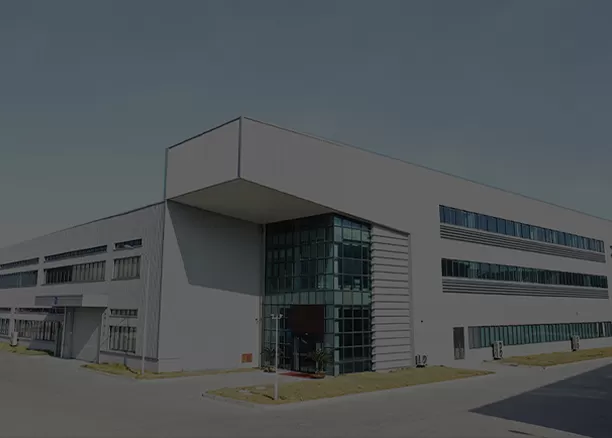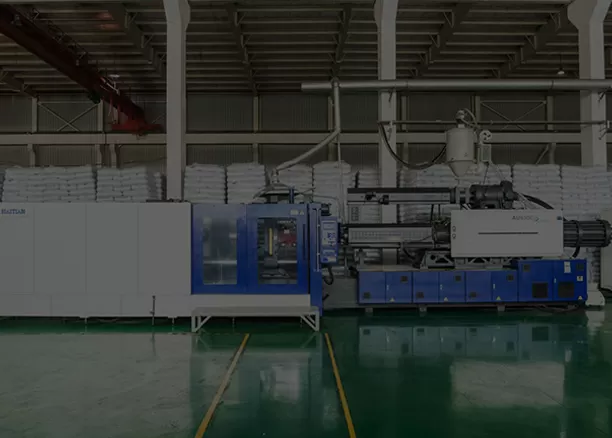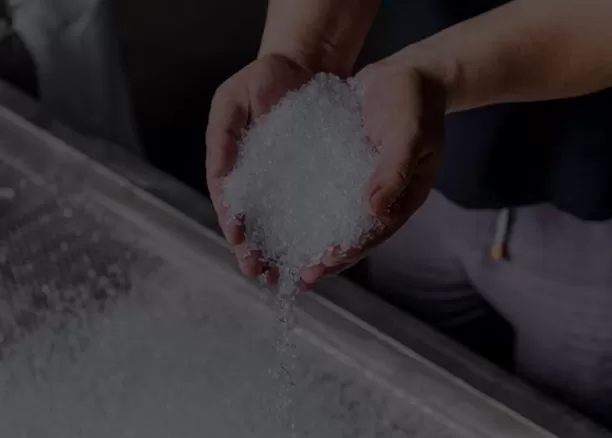Jiangte PE ball valve with good performance and affordable price. Gas with buried polyethylene (PE) valves with PE80 and PE100 level mixing and using domestic technology, a full set of automatic injection molding machine, automatic welding machine, precision four-axis CNC machining center production and manufacturing, nominal outside diameter less than or equal to 315mm, the operating temperature range between -20 ℃ ~ 40 ℃. Good quality stability, uniform plasticization of polymer materials, ball valve residual stress is small. Has been issued by the State Administration of Market Supervision and Administration of the special equipment production license certificate.

Conduct routine inspections to check for signs of wear, corrosion, or damage. Clean the valves regularly to remove any debris or buildup that could impede their function. This proactive approach helps identify potential issues early, ensuring the valves operate efficiently and extend their lifespan.

Apply appropriate lubricants to the moving parts of the valve, such as the stem and seals, to reduce friction and wear. Regular lubrication ensures smooth operation, prevents sticking or seizing, and enhances the overall performance and longevity of the valve.

Periodically check and tighten any loose bolts, nuts, or connections to prevent leaks and ensure a secure fit. Make necessary adjustments to the valve settings to maintain optimal performance. Proper tightening and adjustments help maintain the integrity and functionality of the valve.

Replace any worn or damaged components, such as seals, gaskets, or O-rings, promptly to prevent leaks and ensure the valve operates correctly. Using high-quality replacement parts and following manufacturer guidelines for maintenance can significantly extend the life of the valve and improve system reliability.
The main types of polybutylene pipe shut off valves include gate valves, ball valves, globe valves, check valves, butterfly valves, and pressure relief valves. Each type serves a specific function and is suitable for different applications within plumbing and industrial systems.
Choosing the right valve depends on factors such as the type of fluid, pressure and temperature conditions, flow control requirements, and the specific application. Consulting with a plumbing or engineering professional can help determine the best valve for your needs.
Pipe valves on and off are made from various materials, including brass, stainless steel, cast iron, PVC, and PPR. The choice of material depends on the application, fluid type, and environmental conditions to ensure durability and compatibility.
Regular inspections should be conducted at least annually, but the frequency can vary based on the valve type, application, and operating conditions. High-stress environments may require more frequent inspections to ensure optimal performance and safety.
Common signs of valve failure include leaks, unusual noises, difficulty in operation, reduced flow rate, and visible corrosion or damage. Regular maintenance and prompt attention to these signs can prevent system failures and costly repairs.
Many pipe valves can be repaired by replacing worn or damaged components such as seals, gaskets, or O-rings. However, if the valve body is severely damaged or corroded, replacement may be necessary to ensure reliable operation.